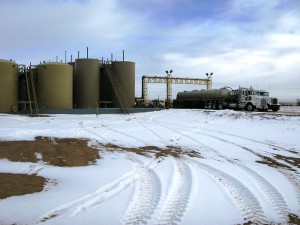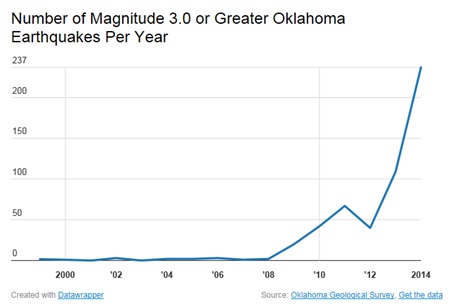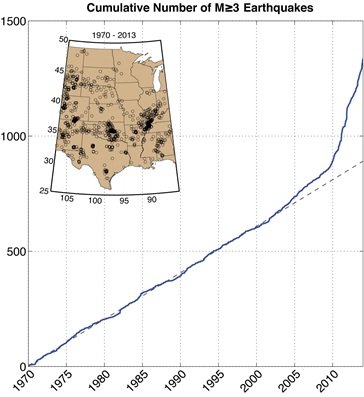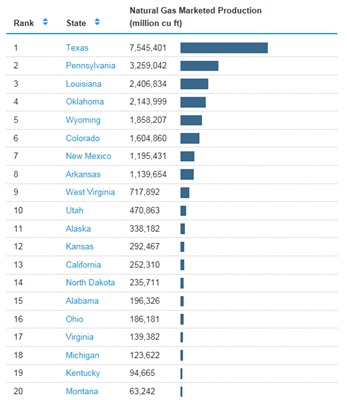Wastewater injection wells, what they do to the environment….and how it affects you.
Two oil and gas news stories from out West tell us what we need to know about wastewater injection wells, and how they might affect Michigan.
In the last few years, California has been suffering a staggering drought, and yet the state has permitted oil well wastewater injection into THOUSANDS of USABLE aquifers. This sounds bad, but it’s actually worse than bad since fracking wastewater is highly polluted with chemicals, including known carcinogens like benzene. Worse still, water contaminated in such fashion can never be recouped.
Why is this important in Southeast Michigan? Because even though our local politicians and the oil/gas companies like to vocally remind their citizens that there will be no fracking, the facts are somewhat different.
Fracking is not a legal or industry held term. It’s slang for hydraulic fracturing, and there are many, many kinds. High volume, low volume…etc. These variations all have something in common: Lots of water, sand, and chemicals used at high pressure to break rock and force oil and gas to the surface. West Bay Exploration plans to use a system they call acid matrix stimulation. Guess what? It uses lots of water, chemicals (proprietary, so we don’t know what they are), and acids (hydrochloric predominately) pumped under high pressure to break rock and force oil and gas to the surface. You can judge whether they are close enough to the same to be concerned. Regardless, when drillers are done using those polluted fluids they have to put them somewhere – like a wastewater injection well. So you can get two polluted areas, and possibly aquifers, for the price of one!
Meanwhile in Oklahoma, significant earthquakes (above 3 on the Richter scale), previously occurring about one per year, had 562 in 2014. Contrast that with fault-ridden California which only experienced 180 significant quakes in 2014.
Cornell researchers determined just 4 injection wells were responsible for over 100 Oklahoma quakes between 2008 and 2013. This link between earthquakes and wastewater injection wells has also been demonstrated in Texas, Colorado and Kansas. Closer to home, Ohio also has experienced a marked increase in earthquakes aligned with their fracking operations. In fact, Ohio wells were shut down in 2011 and 2014 because of a flurry of earthquakes.
The load on the system is massive. In 2014 alone, wastewater wells near Oklahoma City were pumped with 5 million barrels of contaminated water a month. [Note: 1 barrel is 55 gallons.] The largest was receiving 1.6 million barrels of contaminated water per month.
Columbia University Geophysicist Geoffrey Aber, Ph.D. stated clearly, “Modern waste disposal wells trigger earthquakes.” U.S. Geological Survey results support this assertion showing a significant increase in earthquakes directly aligned with the uptick in hydraulic fracturing and the use of wastewater injection wells.
Seismologist Austin Holland of the Oklahoma Geological Survey asked the critical question, “Just how important is it to produce oil and gas in Oklahoma, and are we willing to deal with the issues of these disposal wells in order to produce the oil and gas that we are accustomed to producing?”
If we ask this question about Michigan, do we really get enough oil and gas to justify the risks? U.S. Energy Information Association data shows, for crude oil production, Michigan is 17th in the nation in 2014 (see chart below). That’s sounds awesome until you realize the big producers are many orders of magnitude bigger. Michigan is a tiny, insignificant, contributor to so-called ‘energy independence.’
Natural gas production is not much better (see chart below). We are 18th in the nation in 2013, but still a relatively small contributor to the national haul.
The worrisome difference is that Michigan is surrounded by the largest freshwater reserves in the world. What happens when earthquakes, caused by wastewater injection wells, damage the containment of the wastewater and contaminate our more valuable freshwater reserves? Can we afford that risk?
The risks related to oil and gas exploration in Michigan are real and significant; however, the potential benefits to homeowners are minimal at best. Remember the oil/gas companies will eventually leave, searching elsewhere for more black gold to fill their pockets. Do you want to be left behind with the pollution, earthquakes and mess?






